Highlighting Nigeria’s major strengths as large economy, developed and liquid domestic debt market, and large oil and gas reserves, the global rating agency, Fitch, has affirmed the country’s long-term foreign-currency issuer default outlook at ‘B-‘ with a stable outlook.
Fitch Ratings however pointed out that this affirmation was constrained by weak governance, structurally very low non-oil revenue, high hydrocarbon dependence, security challenges, high inflation, low net foreign exchange (FX) reserves, and ongoing weakness in the exchange-rate framework.
Join our WhatsApp ChannelThe agency acknowledged that the Nigerian government had taken important steps to reduce fuel subsidies and reform the exchange rate framework much more quickly than it anticipated and had ambitions to substantially raise revenue.
According to the report, “However, there has recently been some backtracking on reforms, notably a lower degree of price discovery in the FX market than in late June, raising doubt about the strength of this positive momentum.
“In addition, new data on the Central Bank of Nigeria (CBN) suggests its net foreign-exchange position is substantially weaker than we previously understood. These factors are reflected in the stable outlook.”
READ ALSO: Fitch Praises Tinubu’s Policies, Raises Concern Over $10bn Nigeria Forex Loan
Fitch noted that there has been progress in faster reform such as President Bola Tinubu government’s removal of fuel subsidies, which cost nearly two per cent of Gross Domestic Product (GDP) in 2022, the unification of the multiple exchange rate windows which allowed the official investors and exporter rate to depreciate by close to 40 per cent, with renewed volatility around end-October.
In the report released over the weekend, Fitch explained that it viewed the cabinet, particularly finance minister Wale Edun, and the new CBN governor, Cardoso, as supportive of reforms. However, it said there were still sizeable socio-political challenges to implementation, including an acceleration in inflation, which could account for recent backtracking of some reforms.
On the challenging exchange rate liberalisation, the agency noted that FX shortages continued to weigh on economic activity and further FX liberalisation, and deter foreign capital. “In October, the CBN lifted the ban on providing FX for imports of 43 items, and is currently taking forward plans to clear near $6.7 billion of unmet FX forwards.”
However, it noted that there has been a renewed widening of the gap between the official and parallel exchange rates since July with a premium of over 30 per cent over the official rate.
“Average daily FX turnover at the official exchange rate window has fallen back to near April 2023 levels (well below pre-pandemic), at $95 million in September.”Fitch raised concerns about the weaker net FX reserve position, saying the CBN’s gross FX reserves fell to $33.2 billion in September, from $37.1 billion at end-2022.”
Fitch observed that, “In August 2023, the CBN published its consolidated financial statements for 2022, its first since 2015. These indicate its net foreign exchange position is weaker than we understood, although sizeable gaps remain, preventing a reliable assessment.“
Short-term CBN liabilities at end-2022 included $5.5 billion of foreign-currency (FC) securities lending, and $6.8 billion of FC forward payables.“There is a particular lack of detail on additional near $32 billion of ‘FX forwards, OTC futures, and currency swaps’, which is recorded as an off-balance-sheet ‘commitment’ and not broken down.“While this likely includes some non-deliverable contracts settled in naira and commitments of a longer tenor, it suggests domestic bank swaps with CBN are probably higher than the $10-12 billion Fitch previously estimated.
“Nevertheless, we expect most swaps will continue to be rolled over, reflecting incentives for banks to invest the naira received in high-yielding sovereign securities and the sector’s limited reliance on swaps for FC liquidity, given sizeable FC placements with international banks.”
The report released last weekend predicted a broadly flat current account surplus, averaging 0.5 per cent of GDP in 2023-2024, but expressed concern over the lack of details on the recently announced expectation of $10 billion FX inflow.
It said, “There is a lack of detail on a recent government announcement to raise $10 billion of FX, including whether this includes World Bank budget support loans of $1.5 billion.
“Following the sharp depreciation this year, Fitch assumes exchange-rate adjustments proceed more gradually in subsequent years. Near-term sovereign external debt service is moderate, at $4.3 billion in 2024 (10.2 per cent of current external receipts below the projected 2024 ‘B’ median of 17.7 per cent).”
On revenues from oil, the rating agency stated that there had been only a partial recovery in oil production, to 1.57 million bpd (including condensates) in September from a low of 1.25 million bpd in September 2022.
“We anticipate a moderate increase in 2024-2025, averaging 1.81 million bpd, helped by improved onshore surveillance. However, this is still well below the 2.09 million bpd in 2019, reflecting chronic underinvestment in the sector, and likely ongoing production outages,” it explained.
Stressing that budget deficits would narrow, it forecast 0.2 per cent reduction in 2023, to 5.2 per cent of GDP, as strong non-oil revenue growth and fuel subsidy removal is offset by higher capital spending and underperformance in oil profits from Nigerian National Petroleum Corporation Limited (NNPC).
According to Fitch, “We project a 1.1 per cent of GDP rise in government revenue in 2023-2025, to 8.5 per cent of GDP, helped by increased government efforts to mobilise non-oil tax revenue (including establishing a presidential fiscal and tax reform committee), but this remains one of the lowest ratios of any Fitch-rated sovereign.
“This underpins our forecast for the budget deficit/GDP to narrow to 5.0 per cent and 4.6 per cent in 2024 and 2025.” Meanwhile, Fitch projects that inflation will moderate to 21.1 per cent in 2024 from an average 24.8 per cent in 2023, helped by lower deficit monetisation, but well above the ‘B’ medians of 6.0 per cent and 4.9 per respectively.
As for Nigeria’s public debt (excluding CBN loans), Fitch ratings stated that it had a fairly long average maturity of 9.7 years. It said, “The securitisation of N23 trillion of CBN loans at a lower interest rate of 9 per cent has helped contain general government interest costs, but at near 42 per cent of revenues, overall interest expenditure is well above the ‘B’ median of 10.9 per cent.
“We expect much lower recourse to CBN financing in 2023-2024 than in 2022, although there is a risk demand from the domestic banking sector turns out to be weaker than expected, despite its ample liquidity and strong deposit growth.”
The global organisation also projected GDP to slow to 2.6 per cent in 2023, from 3.3 per cent in 2022, and to expand to 3.2 per cent in 2024 driven by the services sector and higher oil production. The report said, “Nigeria’s already structurally high inflation rose to an average of 25.5 per cent year-on-year in third quarter 2023, from 20.3 per cent year-of-year in 3Q22, partly reflecting fuel subsidy removal and naira devaluation.“


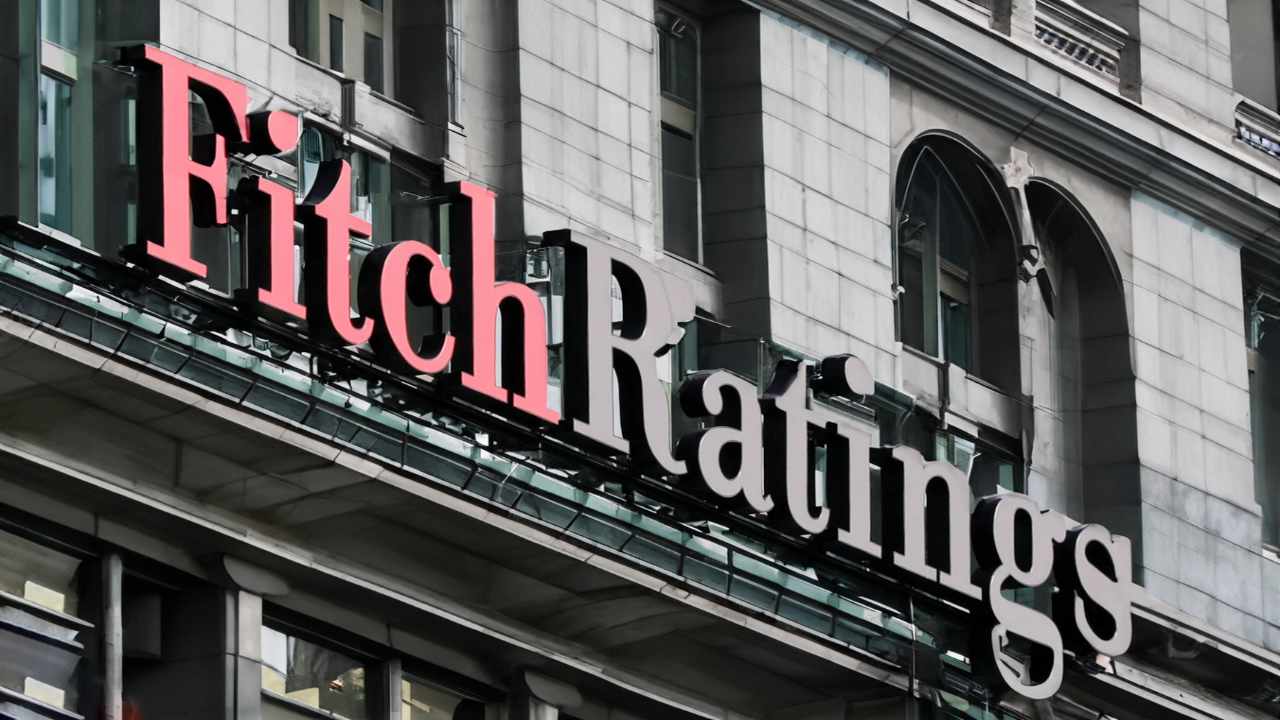
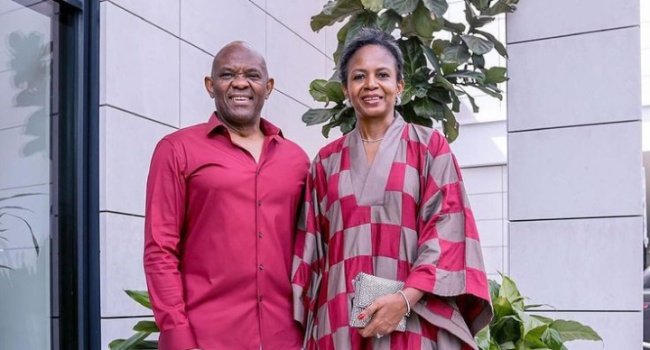



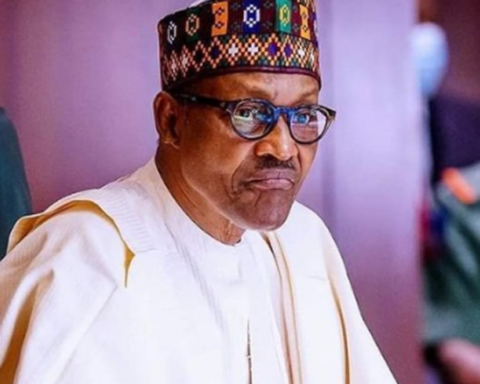







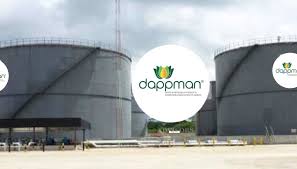
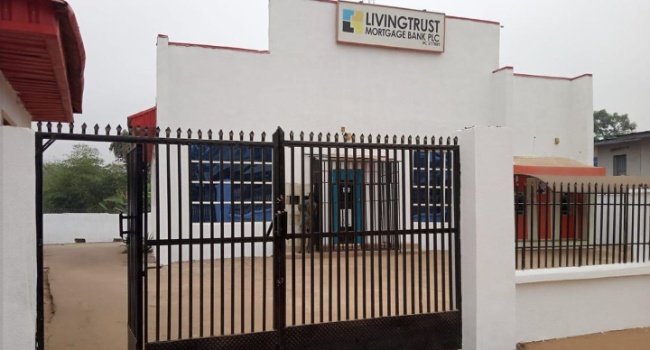
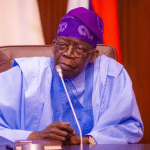
Follow Us